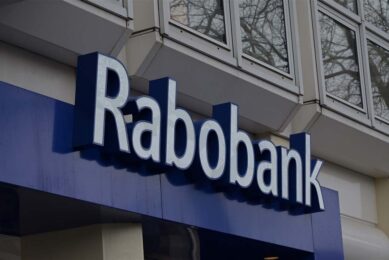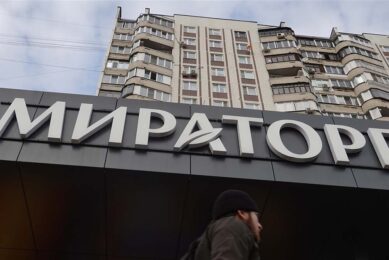“Most climate friendly meats are pork and poultry”
![Michael McCain, president and CEO of Maple Leaf, Canada. [Photo: Maple Leaf]](https://www.pigprogress.net/app/uploads/2021/04/001_252_rb-image-2771759-848x565.jpeg)
Michael McCain, president and CEO of Maple Leaf, Canada, talks about sustainability and transparency with in the food production industry. And how all segments of the industry have a role to play. He also reveals his 3 areas of concern for the industry.
Pig Progress: What are the key areas in which consumers are becoming increasingly interested and what is driving that interest?
Michael McCain: “Society’s interest in responsible consumption has changed markedly in the past five years and consumers want to spend their food dollars on products that not just provide sustenance and nutrition but are also produced in responsible ways keeping the care of the environment and our society in mind. In our industry, agriculture and specifically livestock production, we are significant contributors to the environmental and sustainability challenges that the global community faces. We are one of, if not the largest contributor to global greenhouse gas emissions and we have to face that reality as an industry.”
Michael H. McCain
Michael H. McCain (1958) is president and CEO of Maple Leaf Foods, Canada, since January 1999. He started his career at McCain Foods in 1979 and worked up into management. McCain joined Maple Leaf Foods in 1995, initially as president and COO. As CEO, his handling of the 2008 listeria outbreak with open communications made him a role model for crisis management. McCain is also a member of the board of the American Meat Institute.
In terms of communication, where are consumers getting their information, how accurate is that information and what concerns does it create?
“Consumers today, particularly the millennial generation derive most of their information from social digital media content. That is not a bad thing, but it is subject to some variation in the accuracy of the information. That is not just a factor of our industry. That goes for all industries and all circumstances. Our challenge is always do our best to correct the record, making sure that even in the presence of misinformation we do our level best to provide accurate information and make good judgements based on that. It is just part of dealing with social and digital media today, part of a new reality in everyday life.”
How does the industry need to respond to that challenge, and who actually needs to be involved in the response and with whom, and what are the factors there?
“I think all segments of the industry, at all levels from our retail food service customer base through to processors, producers, suppliers and indeed the government need to collaborate on providing a coordinated response to this challenge. Even more importantly, it is a great opportunity – Canada has demonstrated leadership in these areas. We are currently recognised as leaders in North American and we can take what might appear to be a challenge and convert it into a tremendous opportunity for growth in sustainable meat production in Canada.”
What do you think the effects of the repeal of mandatory country of origin labelling (M-COOL) in the United States will be?
“The effect will be immediate in opening up the market, but Maple Leaf has paid a competitive price to Canadian producers through the entire COOL ordeal. I don’t see any reason why it shouldn’t have a positive effect immediately. It opens up a valuable market. And I think throughout the period of COOL we’ve always sought to pay a competitive price in the Canadian marketplace. So, I would like to think it would have limited or no effect because we are already paying a competitive price in this country (Canada, ed.). At the end of the day, it is important the whole process in price discovering have multiple options and so in that regard it will have an immediate effect.”
3 areas of concern for the industry
In a recent speech to 700 delegates at the 45th 2016 Banff Pork Seminar, in Banff, AL, Canada, McCain outlined 3 different areas of concern for the total industry:
Who should be telling our message about sustainability and environmentally friendly production methods and how do we hear about it?
“I’d like to say the answer is everybody, but the problem is to find a common voice in that message. Somebody has to define the common voice. Certainly, events like the BPS (Banff Pork Seminar, ed.) is a great place to establish a common voice and can be leveraged from there. Industry associations can speak with a common voice. It is incumbent on all of us to focus on trying to use a common voice, using our trade associations, using events like this and speaking with that common voice.”
 Beheer
Beheer









 WP Admin
WP Admin  Bewerk bericht
Bewerk bericht